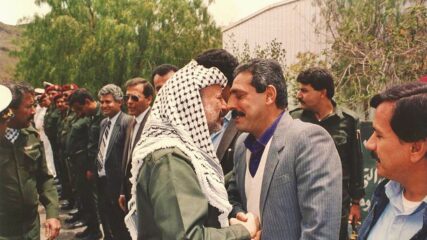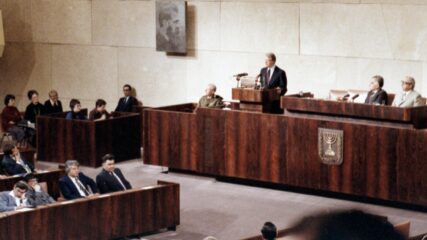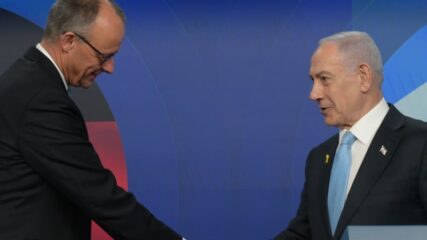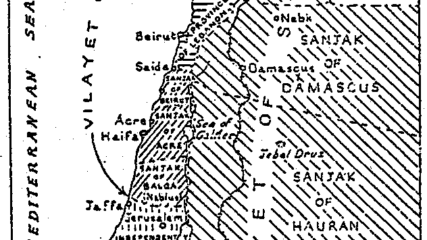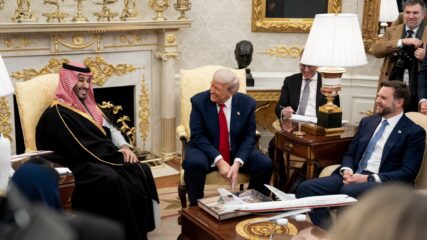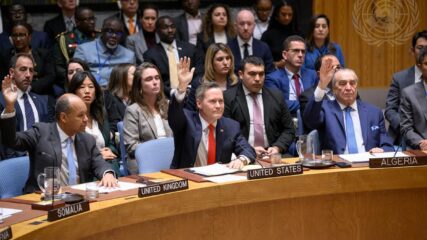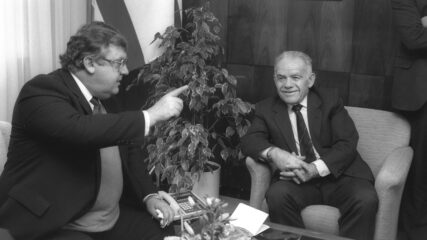May 11, 1953
U.S. Secretary of State John Foster Dulles arrives in Cairo at the start of a 2½-week fact-finding trip to Egypt, Israel, Jordan, Syria, Lebanon, Iraq, India, Pakistan, Turkey and Libya.
Dulles emphasizes that his primary purpose in the Middle East is to show that new Republican President Dwight Eisenhower offers a fresh start for U.S.-Arab relations. He says Israel is on the itinerary only because it’s in the neighborhood. Unlike Democratic Presidents Franklin Roosevelt and Harry Truman, Dulles says, Eisenhower is immune to Jewish political influences and wants a balanced policy.
Dulles tells Israeli Prime Minister David Ben-Gurion that better U.S. relations with Arab states are in Israel’s interest because the United States will be seen as a fair mediator. By meeting with Ben-Gurion in Jerusalem, however, Dulles aggravates many Arabs, who perceive the stop as an endorsement of Jerusalem as Israel’s capital despite Dulles’ insistence that the meeting has no political significance.
The secretary of state is clear that he views the Middle East through the prism of the U.S. rivalry with the Soviet Union. Several Arab leaders note their opposition to communism and portray the conflict with Israel as a Cold War risk: U.S. support for Israel drives Arabs to embrace the Soviets, and Arab states’ military spending to counter Israel prevents them from improving their citizens’ quality of life.
Dulles meets with Palestinian refugee leaders, who say their main desire is to return to their ancestral homes and who warn that many refugees are growing desperate enough to support a global conflict that would kill 400 million people. But the acting director of the U.N. agency working with the refugees speculates that few would want to live in Israel.
Israel insists that it will not return to the pre-armistice borders. Arab leaders say U.N. resolutions, including the partition resolution they rejected in 1947, must serve as the basis for any peace talks. Dulles concludes that the region is far from ready for a comprehensive peace settlement and instead needs incremental steps, including joint patrols along the Israeli-Jordanian border.
The Arab-Israel conflict is not the only topic on the agenda. Much of the conversation in Egypt focuses on Prime Minister Mohamed Naguib’s desire to complete the ouster of the British. “After the British get out, I am sure that I can reach an agreement with Israel,” he says. Syrian dictator Gen. Adib al-Shishakli presses for U.S. weapons, which he promises will never be used to attack Israel. Jordan seeks support for a Yarmuk River diversion and development plan. All want U.S. economic aid.



